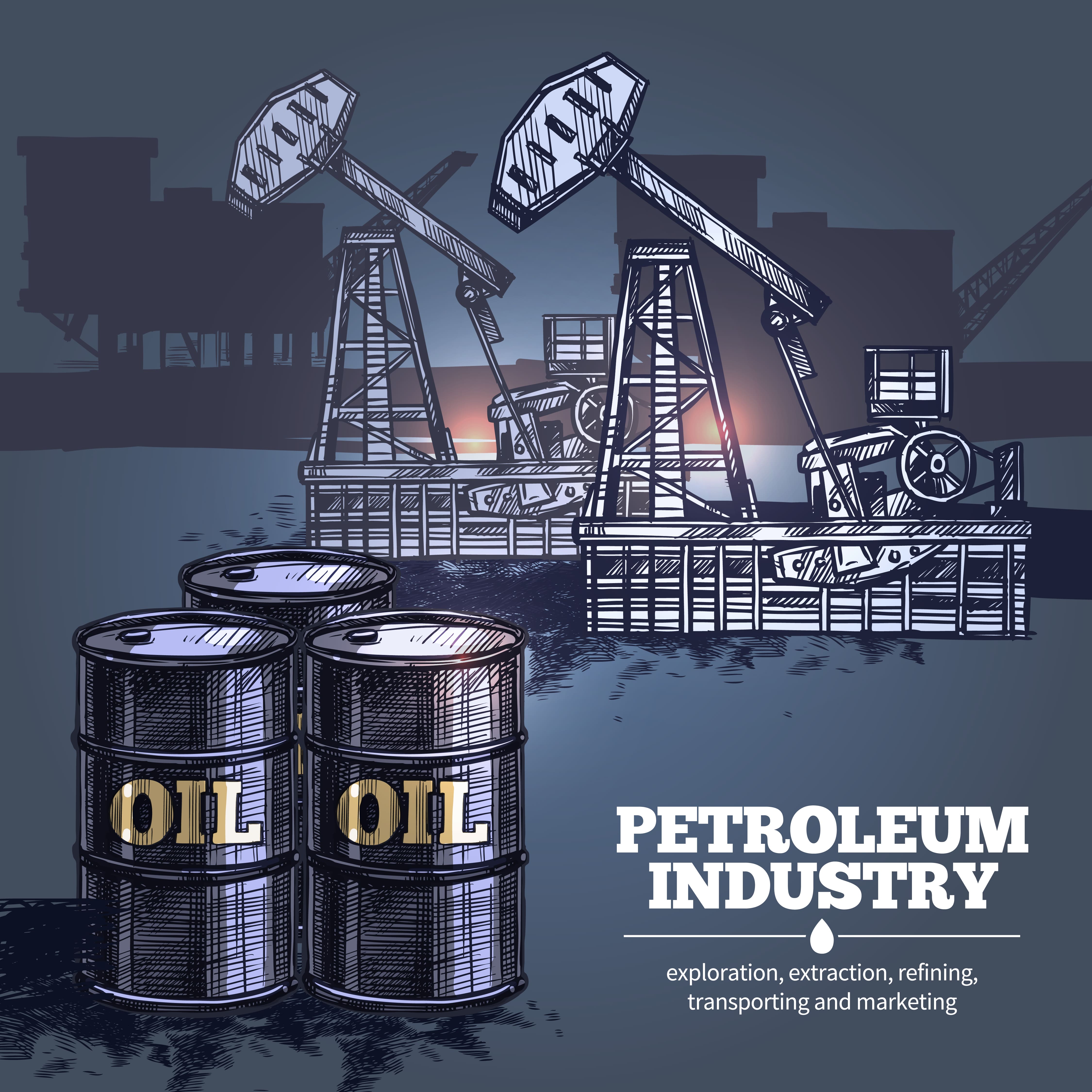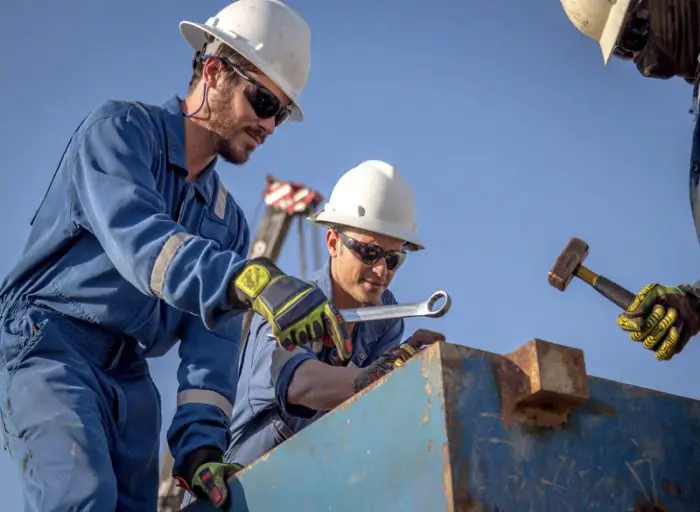The oil and gas industry in Texas has long been a significant contributor to the state’s economy. However, in recent years, there has been a growing concern about the environmental impact of oil drilling and production, particularly in terms of oil spills and other accidents. As a result, there has been a push to cap oil rigs in Texas, which involves the permanent closure of wells and the removal of equipment. In this article, we will explore the practice of capping oil rigs in Texas and its impact on the oil and gas industry in 2023 and beyond.
What is Capping Oil Rigs?
Capping oil rigs is the process of closing down oil wells that are no longer profitable or are causing environmental damage. This involves sealing the wellbore with cement and removing all equipment and infrastructure, such as pipes and tanks. Capping oil rigs is done to prevent oil spills and other accidents, as well as to comply with environmental regulations. The practice of capping oil rigs is not new, but it has gained renewed attention in recent years due to the increasing focus on environmental protection.

Why are Oil Rigs Being Capped in Texas?
Oil rigs are being capped in Texas for several reasons. Firstly, many oil wells in Texas are reaching the end of their lifespan, and are no longer producing enough oil to be profitable. Secondly, there has been a growing concern about the environmental impact of oil drilling and production, particularly in terms of oil spills and other accidents. Capping oil rigs is seen as a way to prevent these accidents and comply with environmental regulations. Thirdly, there is a shift towards renewable energy sources, which is reducing demand for fossil fuels. This has led to a decline in the profitability of the oil and gas industry, making it less economically viable to maintain older oil wells. As demand for oil continues to decline, OPEC frequently adjusts output to maintain price stability. Companies will continue to invest in new oil projects as long as their activity remains profitable.
Impact of Capping Oil Rigs on the Oil and Gas Industry in 2023 and Beyond
The capping of oil rigs in Texas will have a significant impact on the oil and gas industry in 2023 and beyond. The closure of older oil wells will reduce the overall supply of oil, which will likely lead to an increase in oil prices. This could benefit the remaining oil producers in Texas, who will be able to charge higher prices for their oil. However, it could also lead to increased imports of oil from other countries, which would have a negative impact on the domestic economy.
In addition, the closure of oil wells will lead to job losses in the oil and gas industry. This will have a ripple effect on the economy, as oil and gas jobs are often high-paying and support other industries such as transportation and manufacturing. The closure of oil wells will also impact the tax revenue generated by the oil and gas industry, which will have an impact on state and local budgets.
The closure of oil wells will impact the environment by reducing the risk of oil spills and other accidents. This will benefit the local ecosystem and wildlife, as well as the health and safety of nearby communities. However, it will also reduce the amount of oil that can be produced domestically, which could lead to increased imports from countries with less stringent environmental regulations.
Challenges to Capping Oil Rigs in Texas There are several challenges to capping oil rigs in Texas
First, there is the cost of capping the wells, which can be significant. The cost of capping a single well can range from tens of thousands to millions of dollars, depending on the complexity of the well and the extent of the equipment and infrastructure that needs to be removed.
Second, there is the issue of regulatory compliance. Capping oil rigs requires compliance with a number of state and federal regulations, which can be time-consuming and expensive. This can create a barrier to entry for smaller oil and gas companies, who may not have the financial resources to comply with these regulations.
Finally, there is the challenge of finding alternative sources of energy to replace the oil and gas industry. While there is a growing focus on renewable energy sources, such as wind and solar power, these sources are not yet able to fully replace fossil fuels as the world’s only means of generating energy. This means that there will continue to be a demand for oil and gas, even as the industry faces challenges in terms of profitability and environmental impact.

Future of the Oil and Gas Industry in Texas
The future of the oil and gas industry in Texas is uncertain, as it faces challenges from capping oil rigs, environmental regulations, and competition from renewable energy sources. However, there are also opportunities for innovation and growth in the industry.
One potential area of growth is in the development of new technologies for oil and gas exploration and production. This could include the use of artificial intelligence, robotics, and other advanced technologies to improve efficiency and reduce costs. There is also potential for growth in the development of alternative sources of energy, such as hydrogen fuel cells and biofuels.
Another area of opportunity is in the development of new markets for oil and gas products. This could include the export of liquefied natural gas (LNG) to other countries, as well as the development of new products such as petrochemicals and plastics.
Artificial intelligence (AI) has the potential to be a game-changer for the oil and gas industry
The oil and gas industry has long been a leader in technological innovation. As the world’s demand for energy continues to rise, the industry is constantly seeking new and innovative ways to extract oil and gas reserves more efficiently and cost-effectively. One promising area of growth for the industry is the development of new technologies for oil and gas exploration and production. Advanced technologies such as artificial intelligence, robotics, and automation have the potential to revolutionize the industry by improving operational efficiency, reducing costs, and enhancing safety.
Artificial intelligence (AI) has the potential to be a game-changer for the oil and gas industry. By leveraging machine learning algorithms, AI can help companies analyze vast amounts of data to identify new reserves, optimize drilling operations, and predict equipment failures before they occur. Robotics and automation can also improve efficiency by reducing the need for human intervention in hazardous or remote environments. Overall, the development and deployment of advanced technologies could enable the industry to extract more oil and gas resources while minimizing its impact on the environment.
Companies in the oil and gas industry that are embracing AI and other advanced technologies to improve their operations
ExxonMobil: ExxonMobil is one of the largest oil and gas companies in the world and has been at the forefront of AI adoption in the industry. The company has developed a proprietary AI platform called XTO AI, which uses machine learning algorithms to analyze data from its drilling operations and improve efficiency.
Royal Dutch Shell: Shell has been investing heavily in AI and other advanced technologies to optimize its oil and gas production. The company has developed an AI-powered drilling system that uses sensors and machine learning algorithms to optimize drilling operations and reduce costs.
Chevron: Chevron has been exploring the use of AI and robotics in its operations to improve safety and efficiency. The company has developed an AI-powered system called the Chevron Reliability Vision, which uses machine learning algorithms to predict equipment failures and reduce downtime. Chevron has also been experimenting with robotics to automate routine maintenance tasks and reduce the risk of injury to workers.
Regular workers in the oil and gas industry can become trained to work in the new era of oil and gas
As the oil and gas industry evolves and new technologies emerge, it is important for regular workers to keep pace with the changing industry landscape. There are several ways that workers in the industry can become trained to work in the new era of oil and gas.

One approach is for workers to enroll in training programs that focus on the latest technologies and techniques used in the industry. Many universities and technical schools offer programs in petroleum engineering, geology, and related fields that cover topics such as AI, robotics, and automation. In addition, many companies offer in-house training programs that help workers gain the skills and knowledge needed to operate new technologies and equipment.
Another way for workers to stay up-to-date is through on-the-job training and apprenticeships. By working alongside experienced technicians and engineers, workers can learn the latest techniques and best practices in the industry. This type of training can also help workers gain practical experience with new technologies, which can be valuable when seeking new job opportunities.
Finally, workers can also stay current with industry trends and developments by participating in industry conferences, workshops, and seminars. These events provide opportunities to network with peers, learn from experts, and stay up-to-date on the latest developments in the industry.
Overall, regular workers in the oil and gas industry can become trained to work in the new era of oil and gas by taking advantage of the various training and education opportunities available to them. By gaining the necessary skills and knowledge, workers can ensure that they remain competitive and valuable in a rapidly evolving industry.
The capping of oil rigs in Texas is a complex issue
Capping oil rigs in Texas is a necessary step to protect the environment and comply with regulations. However, it will have a significant impact on the oil and gas industry in 2023 and beyond. The closure of older oil wells will reduce the overall supply of oil, which could lead to increased oil prices and job losses in the industry. At the same time, the closure of oil wells will reduce the risk of oil spills and other accidents, benefitting the environment and nearby communities. To successfully cap oil rigs in Texas, the industry will need to navigate the challenges of cost, regulatory compliance, and public perception, while communicating the benefits of this necessary step.
Related Articles|
